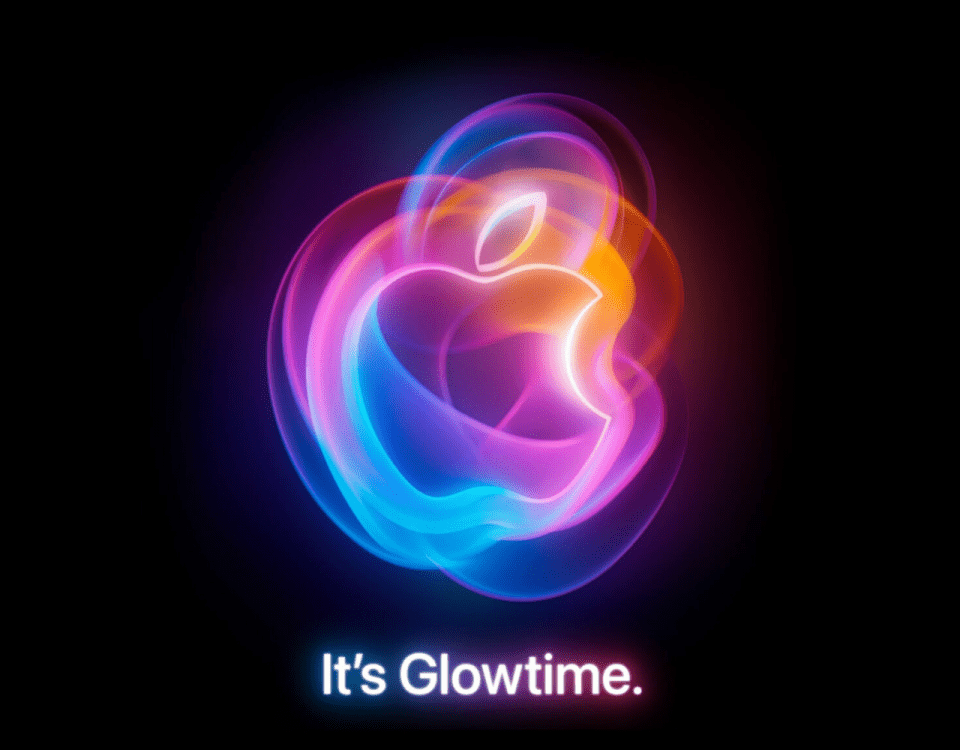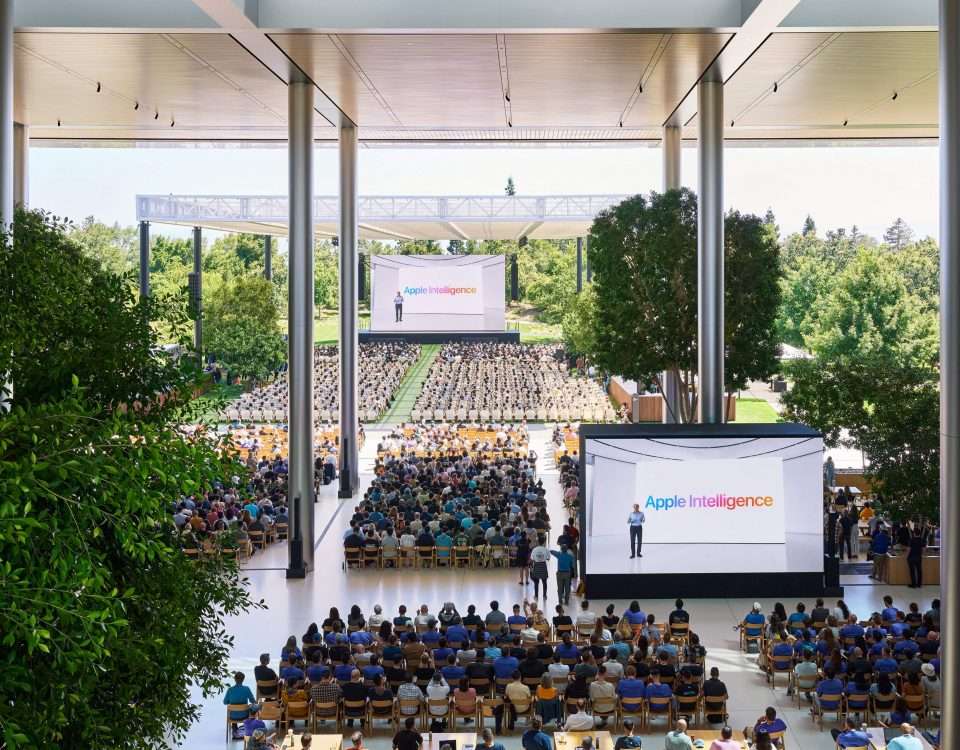End Of XP, Or Of The World?
iPad Air, What The Experts Have To Say
2 December 2013Drones Instead Of Santa?
2 December 2013What does the end of Windows XP mean for you?
April 2014 sees the end of support for Windows XP, Windows Server 2003, Exchange Server 2003, Small Business Server 2003 and Office 2003. What does this mean and should you be worried?
Microsoft provides three levels of support for its software products: Mainstream Support, Extended Support and Online Self-Help Support. It generally offers ten years of support for business products and five years of Mainstream Support for consumer ones. Online Self-Help Support lasts for ten years, but since Office 2003 and Windows XP are already older than that, these knowledgebase articles could start disappearing at any time.
Around a third of all PCs in the world are still running Windows XP, so it’s highly unlikely that Microsoft will remove all the patches for it from Windows Update immediately. However, there won’t be any more arriving. If anyone discovers a new security hole, and these aren’t rare, Microsoft isn’t going to be doing anything about it in future. Once Windows XP and Office 2003 go out of support, there won’t be any more patches for those products, and the likelihood of your PC catching something will increase, regardless of how good your antivirus software is.
Around a third of malware infections can be traced to missing security patches; that is, if the computer had been kept up to date, it wouldn’t have become infected. For example, Windows 7 is still far less likely to be infected than Windows XP, if you’re running anti-malware protection. Windows 8 comes with real-time protection built in and turned on by default, so its infection rates are incredibly low.
In the last six months of 2012, machines that ran a protected Windows XP SP2 had 4.2 infections per thousand, while 32-bit Windows 8 machines and 64-bit Windows 8 machines had 0.5 and 0.2 infections per thousand respectively. With no real-time anti-malware installed, these figures went up to 15.6 per thousand for Windows XP and 2.7 per thousand for 64-bit.
Security patches that are released for more up-to-date versions of Windows and Office will probably be reverse-engineered by malware writers to see whether Windows XP and Office 2003 share the same vulnerabilities; if they do, those old products will become even more at risk, since their now-known holes will surely be exploited.
The issue facing many business is that their machines are often as old as the software they are running and aren’t powerful enough to run the latest Microsoft software efficiently. This means that they are faced with a costly bill to replace all of their machinery.
However, all of our new machines come with either Windows 7 or 8 Professional. Our lease means that bringing new, secure PC’s and servers into your business is more affordable than ever. Plus, working on faster, better machines bring real efficiency benefits to the business.
If you are still running Windows XP, Office 2003 or similar software and are concerned about its impact on your business call us on 0121 285 0098 or email info@localhost



